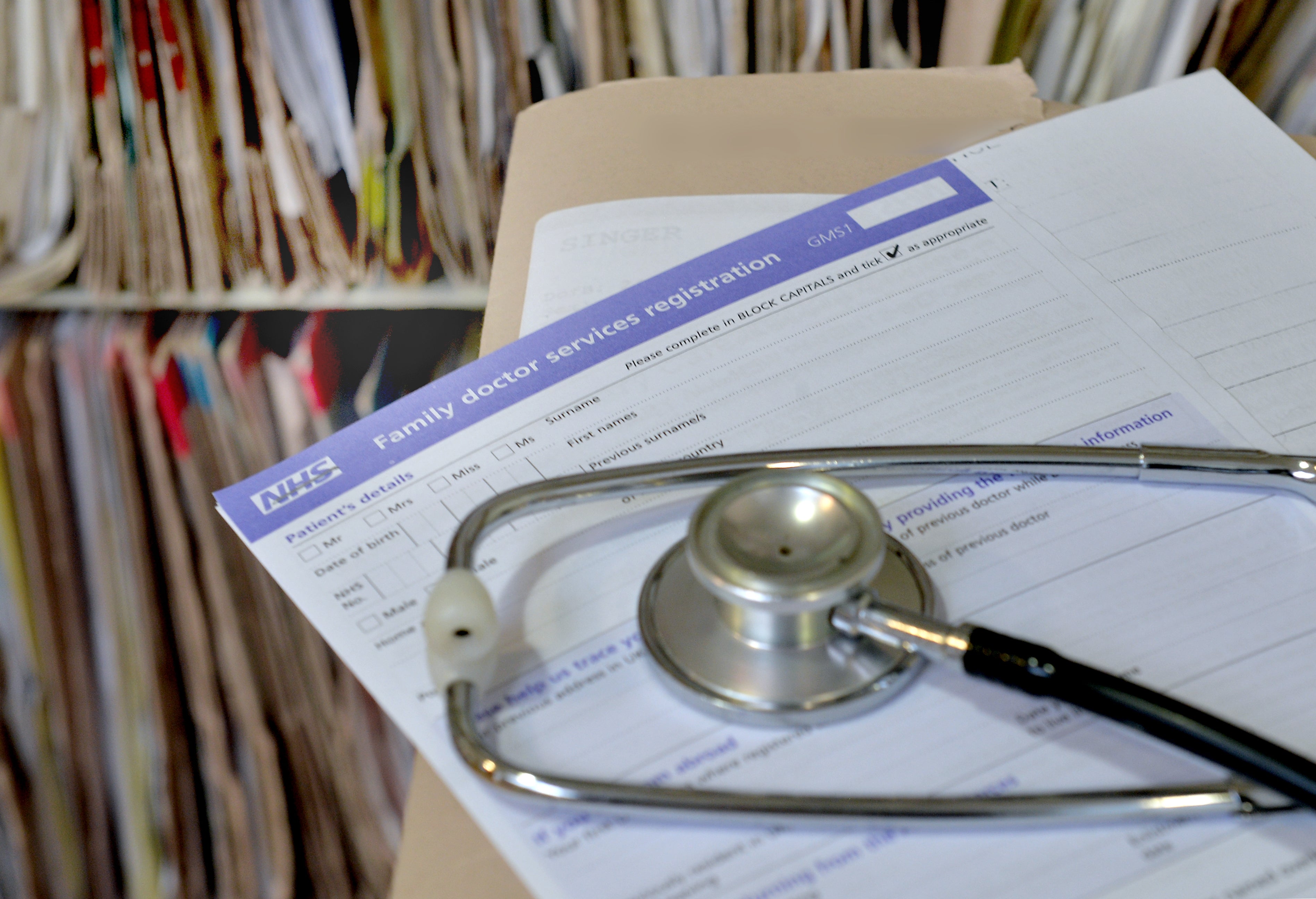‘Mass exodus’ of GPs could put patients at risk, medics warn
Figures show that almost 19,000 GPs are planning to leave the profession.

Your support helps us to tell the story
From reproductive rights to climate change to Big Tech, The Independent is on the ground when the story is developing. Whether it's investigating the financials of Elon Musk's pro-Trump PAC or producing our latest documentary, 'The A Word', which shines a light on the American women fighting for reproductive rights, we know how important it is to parse out the facts from the messaging.
At such a critical moment in US history, we need reporters on the ground. Your donation allows us to keep sending journalists to speak to both sides of the story.
The Independent is trusted by Americans across the entire political spectrum. And unlike many other quality news outlets, we choose not to lock Americans out of our reporting and analysis with paywalls. We believe quality journalism should be available to everyone, paid for by those who can afford it.
Your support makes all the difference.Patients could be put at risk due to a “mass exodus” of family doctors, leading medics have warned.
The Royal College of GPs (RCGP) has estimated that almost 19,000 GPs are planning to leave the profession over the next five years.
Of the 1,262 GP and trainee respondents, 42% say they are likely to quit the profession in the next five years, with 10% in the next year and 19% in the next two years.
With a workforce headcount of more than 45,000 GPs and trainees currently, this could mean that patients are set to lose almost 19,000 GPs and trainees, equivalent to more than 15,000 full-time equivalent GPs.
General practice is significantly understaffed, underfunded, and overworked and this is impacting on the care and services we’re able to deliver to patients.
Of those not planning to retire, 60% cite stress, working hours, and lack of job satisfaction as their reasons to quit.
GPs said that they are not given enough time to properly assess their patients, with 65% claiming that patient safety is being compromised due to appointments being too short.
Meanwhile, more than a third (38%) said GP practice premises are not fit for purpose, and another third (34%) said IT for booking systems are “not good enough”.
The RCGP said that while there are record levels of GP trainees, the new intake will not be enough to cover the loss of current staff.
The College has made a series of recommendations to Government as part of its new plan for addressing the GP workforce crisis.
“What our members are telling us about working on the frontline of general practice is alarming,” said Professor Martin Marshall, chair of the College.
“General practice is significantly understaffed, underfunded, and overworked, and this is impacting on the care and services we’re able to deliver to patients.
“The intensity and complexity of our workload is escalating whilst numbers of fully qualified, full-time GPs are falling.
“Our survey results should act as a stark warning for politicians and decision-makers – and we urge them to take heed of our campaign, launching today. This outlines what is needed to make general practice fit for the future, so that GPs and our teams can give the patients the time and care they need.
“Taking these steps will alleviate the unsustainable and unsafe pressure that GPs and our teams are working under, and free up time to have longer consultations and build the invaluable relationships with patients that we know lead to better health outcomes.”
The survey comes as Labour analysis suggests that there are fewer GPs working in the NHS in England compared to a decade ago.
Wes Streeting, Labour’s shadow health secretary, said: “People are finding it impossible to get a GP appointment when they need one, leaving them in pain and discomfort and meaning serious conditions will be missed.
“The Conservatives are breaking their promise to hire the GPs we need.”
Last week at the NHS ConfedExpo conference in Liverpool, Health Secretary Sajid Javid said that the current model of GP care “is not working” as he suggested that he would be setting outa primary care reform plan.